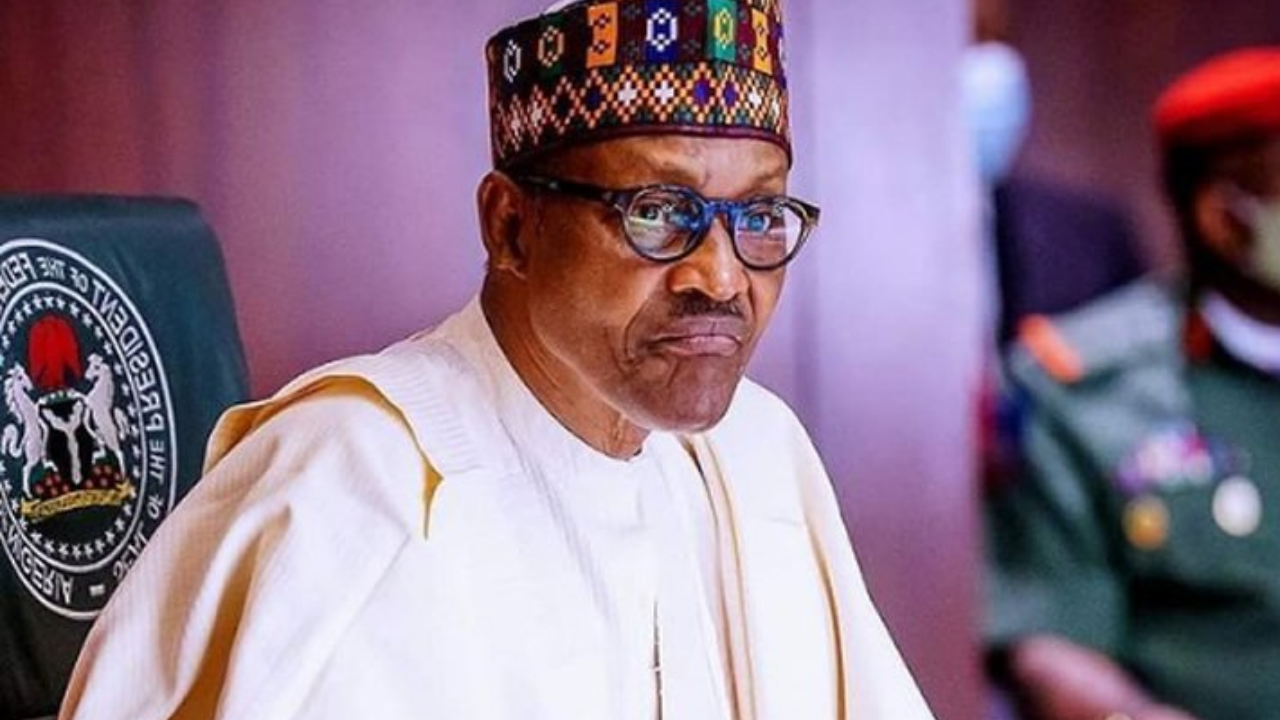KPMG has projected that Nigeria’s unemployment rate will rise to 40.6 per cent in 2023, indicating that more Nigerians will become jobless this year.
The firm in its ‘Global Economic Outlook’ report said the unemployment rate will rise from the 33.3 per cent reported by the National Bureau of Statistics (NBS) in the fourth quarter (Q4) of 2020.
Join our WhatsApp ChannelIt cited limited investment by the private sector and low industrialization as reasons for the increase in the unemployment rate in Nigeria.
KPMG explained that the Nigerian economy doesn’t have the ability to absorb the 4 to 5 million new entrants into the country’s job market.
“Unemployment is expected to continue to be a major challenge in 2023 due to the limited investment by the private sector, low industrialization and slower than required economic growth and consequently the inability of the economy to absorb the 4‐5 million new entrants into the Nigerian job market every year,” the report reads.
KPMG also stated that in 2022, unemployment rose to 37.7 per cent – indicating during President Muhammadu Buhari’s second tenure, unemployment didn’t drop.
“Although lagged, the National Bureau of Statistics recorded an increase in the national unemployment rate from 23.1% in 2018 to 33.3% in 2020.
“We estimate that this rate has increased to 37.7% in 2022 and will rise further to 40.6% in 2023,” KPMG wrote in the report.
The projection was made amid expectations of KPMG that the Nigerian economy will record slow growth in its gross domestic product (GDP).
Nigeria’s economy is projected to grow by three per cent in 2023, compared to the 3.10 per cent growth reported last year.
KPMG said growth in telecommunications, trade services and oil sectors would drive its projected forecast for the Nigerian economy.
READ ALSO: Unemployment: Population Growth Rate Exceeds Economy Capacity – Osinbajo
Commenting further on the economy, KPMG said: “The Nigerian economy ended the past year with a GDP growth rate of 3.52 per cent in Q4 2022 compared with 2.25 per cent in Q3 2022, with growth averaging 3.10 per cent over 2022. This represents eight consecutive quarters of growth, following its exit from the pandemic-induced recession in Q3 2020.
“Growth in 2022 was driven by the non-oil sector, as continuous recovery in household consumption boosted spending, particularly in the finance and insurance services, telecommunications, and transportation and storage services.
“While the non-oil sector grew by 4.84 per cent, the oil sector contracted by 19.22 per cent, largely attributed to worsening oil theft, pipeline vandalization, underinvestment, and other operational challenges inhibiting oil production.
“Nevertheless, we expect telecommunications, trade services, as well as an expected recovery in the oil sector, on account of measures being taken to tackle security issues, to drive our forecast of 3 per cent growth in 2023.”
















Follow Us